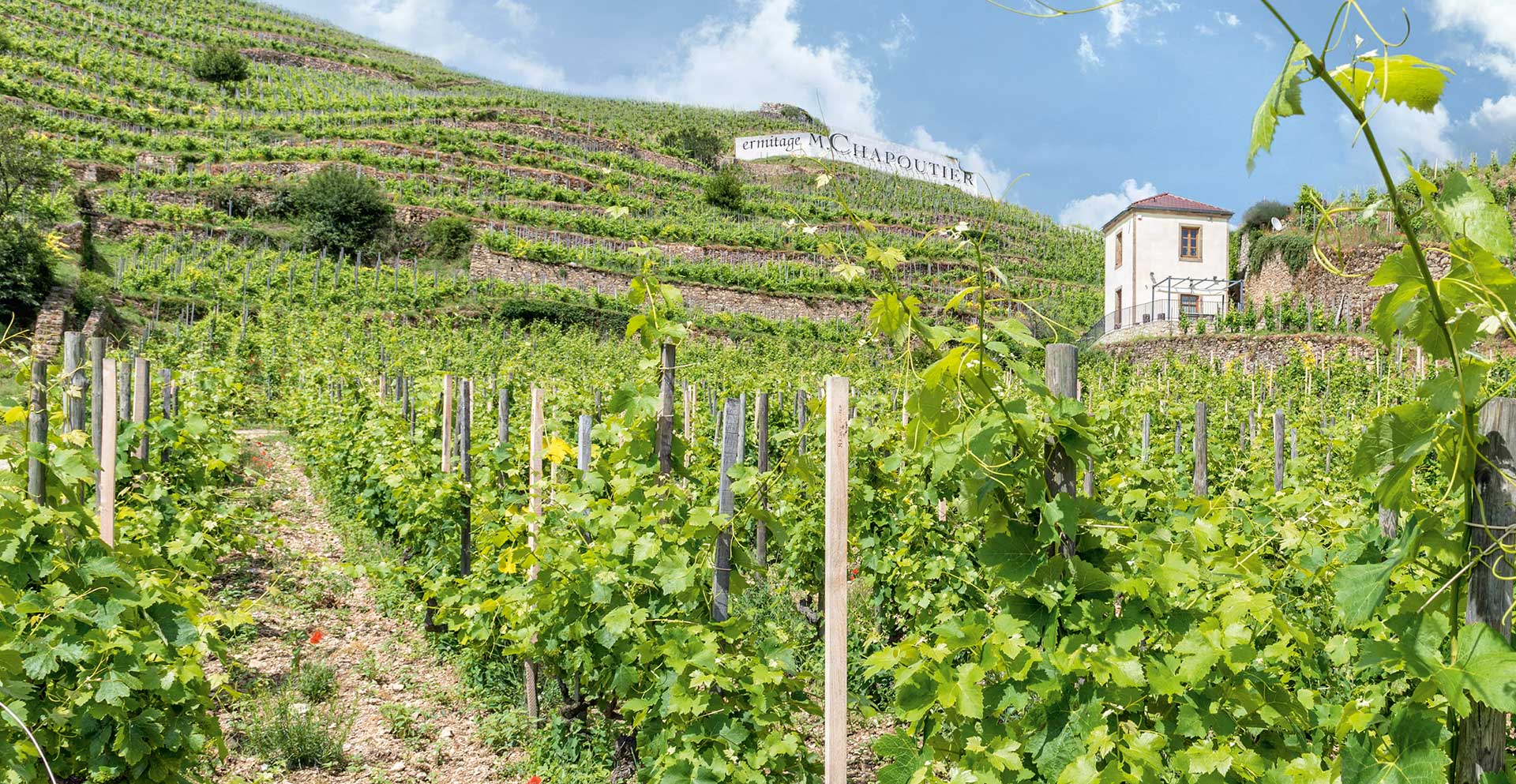Sothis
Gin

Dégustation
Nez :
The first nose is finely spiced then evolves and takes on more floral and exotic notes, betwteen chamomile, mango and leetchi.
Bouche :
There is a parade of aromatic impressions on the palate that follow each other with softness and tension. From citrus to spices reminiscent of lemon thyme, verbena and the sappy character of the juniper. The bitterness adds depth and an energetic touch.
Les conseils du Sommelier : Serving temperature: between 4-8°.
Cépage(s) :
Organic grapes alcohol, juniper, cade, chamomile, savory, elderflower, wild thyme, verbena and mint
Le Pestrin spring water is used for the rectification of the vinic alcohol. Its source is located in an ancient medieval village in the heart of the Ardèche volcanoes and was voted one of the best waters in the “Concours International des Eaux Gourmet” (international ‘gourmet water’ competition) run by the AVPA (agency for the valorisation of agricultural products) in Paris.
Le Pestrin spring water is used for the rectification of the vinic alcohol. Its source is located in an ancient medieval village in the heart of the Ardèche volcanoes and was voted one of the best waters in the “Concours International des Eaux Gourmet” (international ‘gourmet water’ competition) run by the AVPA (agency for the valorisation of agricultural products) in Paris.
Sol :
We source the botanicals from the terroirs of the Rhône corridor. The great complexity of this geological crossroads is derived from a severe erosion and glaciofluvial remanences associated with the alpine folds and which are made up of marls, clay-limestones and alluvium stretching as far as the magmatic and metamorphic edge of the Massif Central.
Vinification :
To avoid competition between the botanicals and bring out the gin’s full aromatic profile, a first batch of plants is infused in vinic alcohol for 24 hours. This is then blended with the rest of the botanicals including the juniper. Finally, these are distilled for over 4 hours so that each element can express itself harmoniously. During the distillation, the elements will evaporate from the most volatile to the least volatile. This allows us to separate the substances according to their evaporation temperatures. However, the distillate is not just a sum of components, during the tasting, each molecule will influence and interact with the others in order to attach itself to the sensory receptors like a puzzle of aromatic engineering.
Degré d’alcool :
42.5°
Vous aimerez aussi
M. CHAPOUTIER
Fine eau-de-vie des Côtes du Rhône 2000 - 150 cl
IG Fine Eau-de-vie des Côtes-du-Rhône
184,70 €







